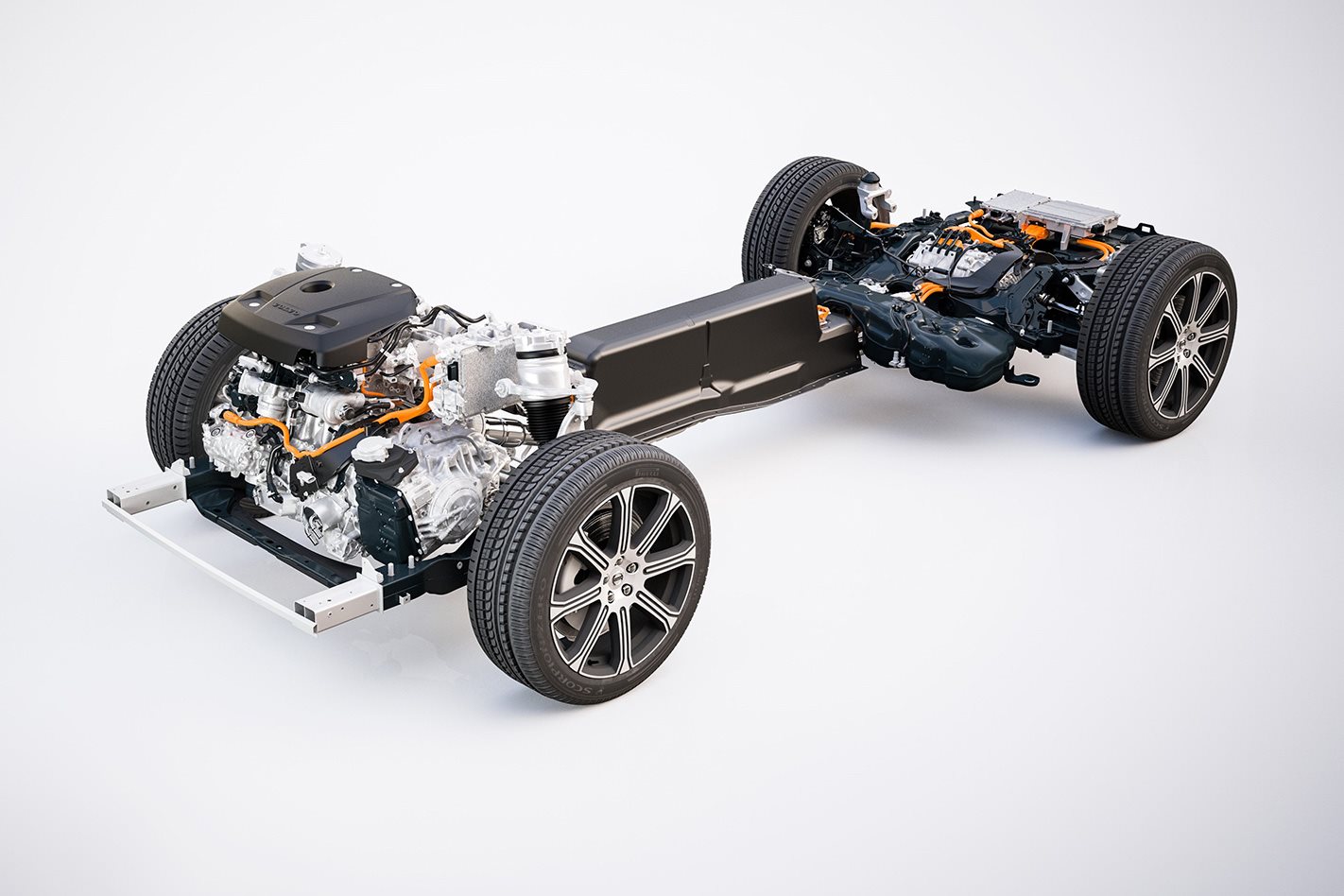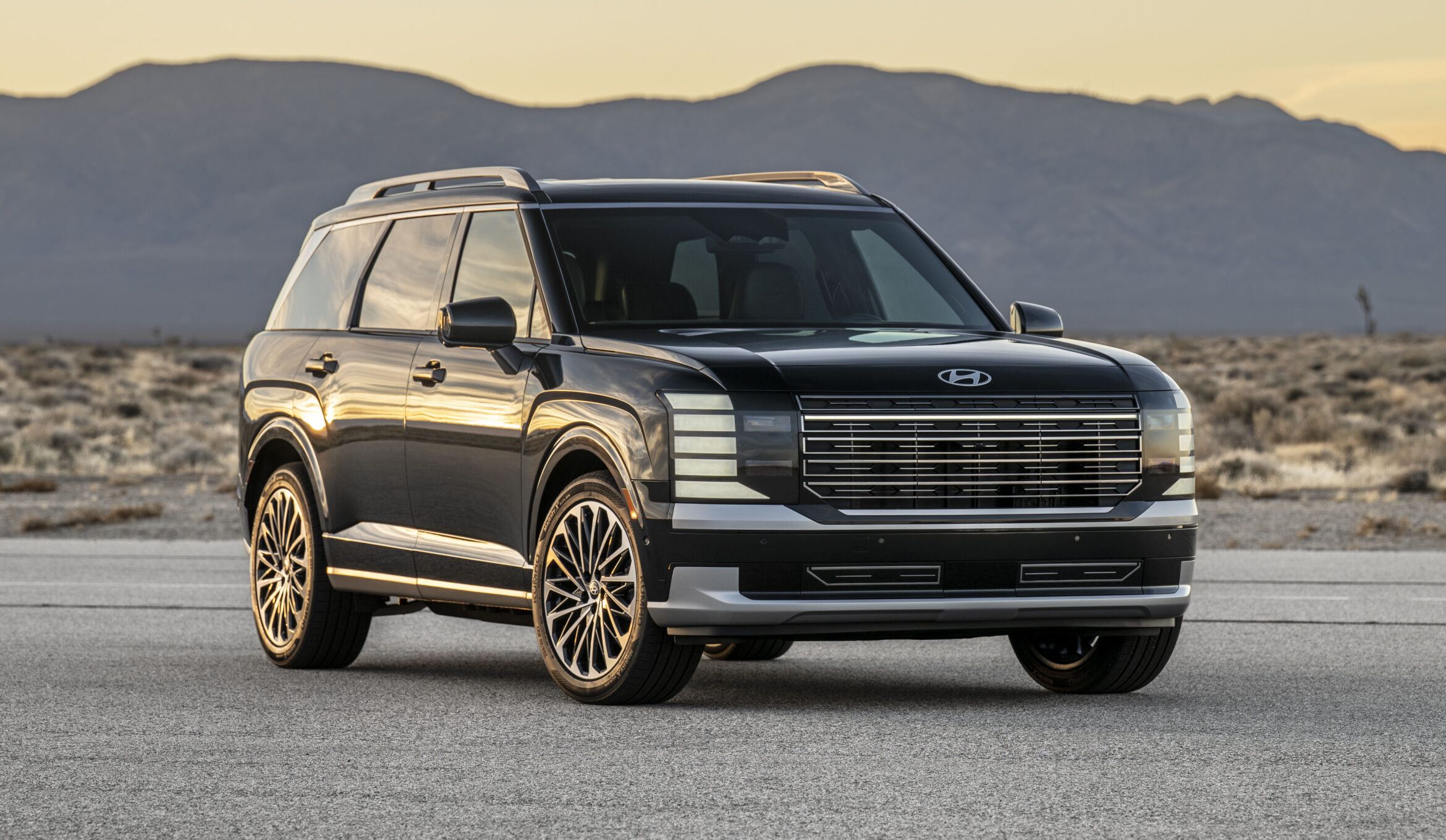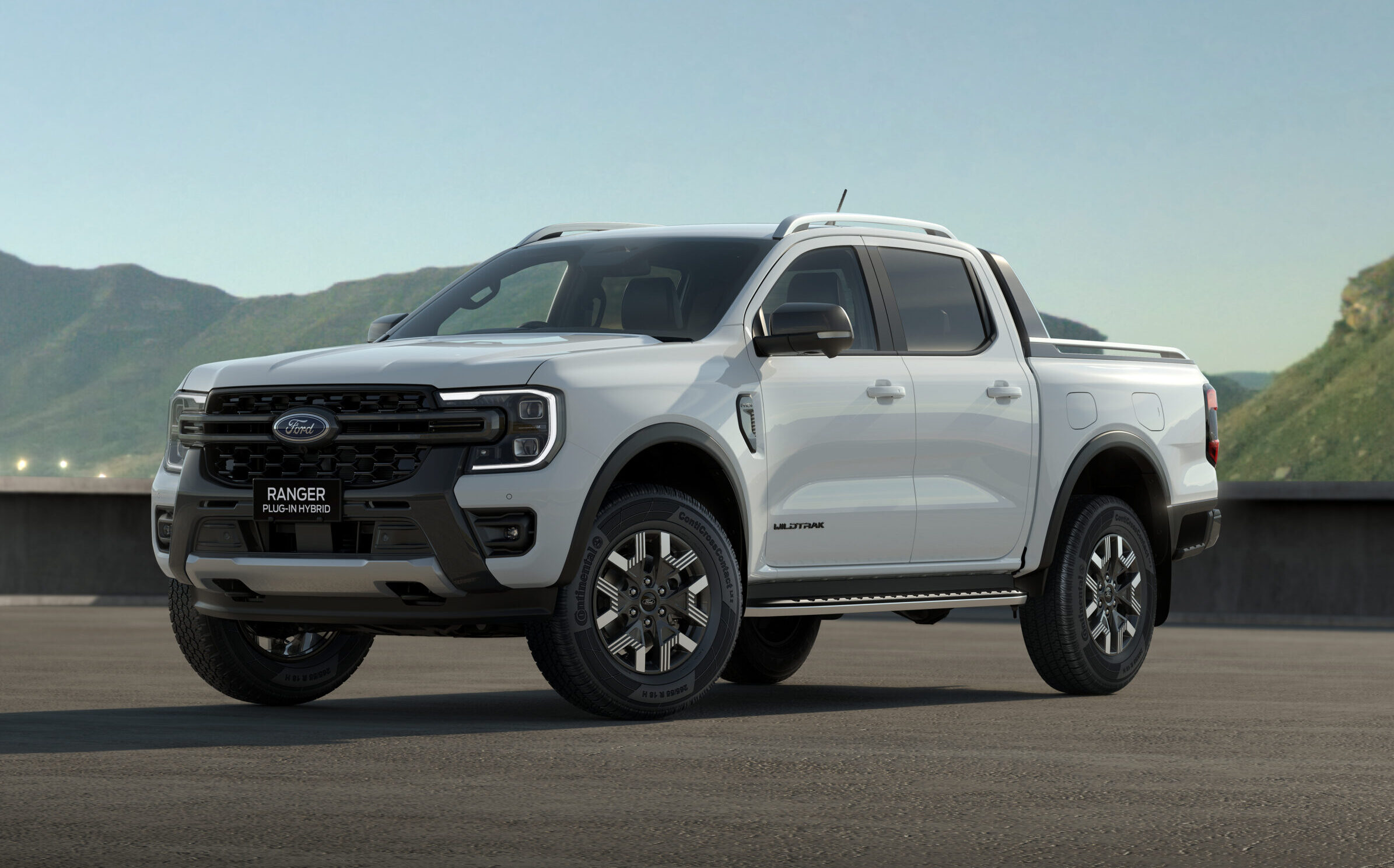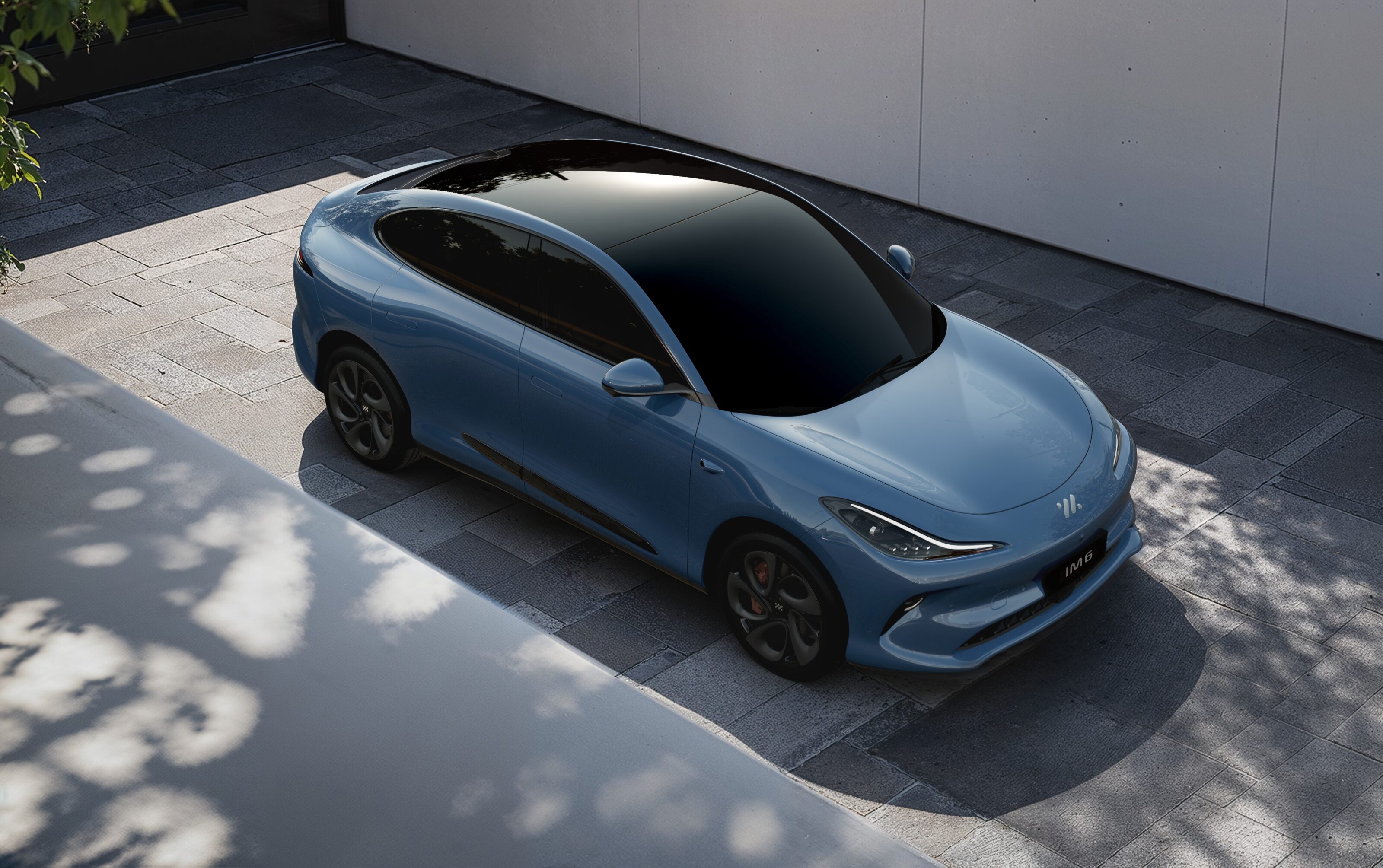VOLVO‘S Chinese-owned parent company Geely yesterday announced it will phase out vehicles powered only by internal combustion engines, with every model launched after 2019 to be all-electric or hybrid.
Models launched before that date powered by combustion engines only and still current at that time will continue to be available with their turbocharged petrol and diesel engines.
Newer models such as the S90 and XC60 are built on the Scalable Product Architecture (SPA) and Compact Modular Architecture (CMA) platforms, which can accommodate future hybrid and all-electric powertrains.
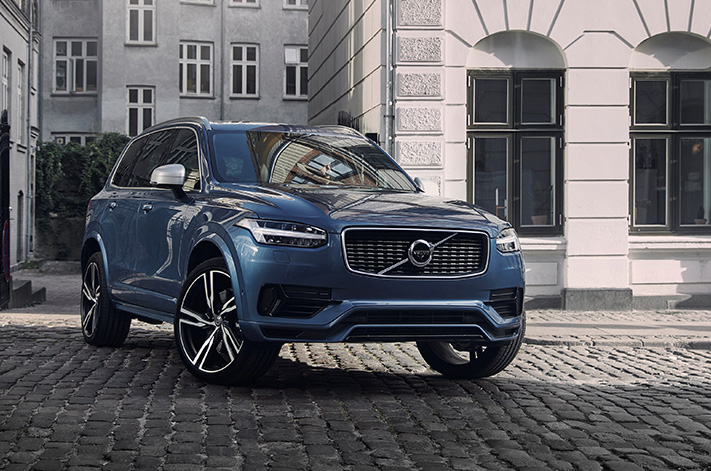
At the other end of the scale, five fully electric Volvos will be launched between 2019 and 2021, including a high performance Polestar performance model.
It’s a brave move not just for commercial reasons but because it commits Volvo to quickly adopt a wide range of new powertrains, with the T8 Twin Engine hybrid the only electrified system in use so far.
Volvo has received global praise for sticking its neck out, however it is simply the first carmaker to publically make such a commitment. All European carmakers face new EU7 emission laws from 2020 that will limit average new-car CO2 emissions at 95g/km, making combustion-only model ranges untenable.
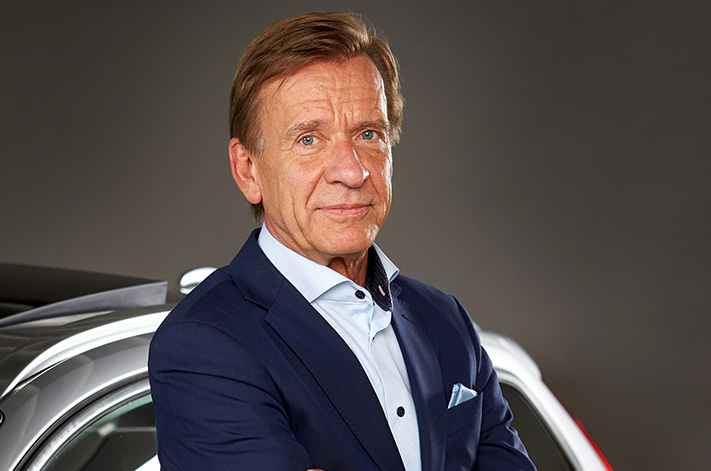
“People increasingly demand electrified cars and we want to respond to our customers’ current and future needs. You can now pick and choose whichever electrified Volvo you wish.
“Volvo Cars has stated that it plans to have sold a total of 1 million electrified cars by 2025. When we said it we meant it. This is how we are going to do it.”
What Samuelsson didn’t explain was if the new electrified powertrains will continue to attract a price premium that could make new Volvo models more expensive than they are now.
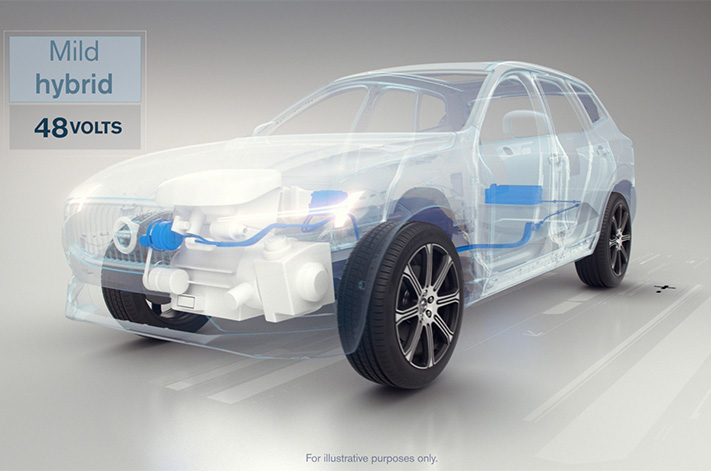
Volvo Australia spokesman Greg Bosnich told Wheels prices for such technologies is falling due to technical advances, however incentives are still needed for broad-based uptake of electric and hybrid vehicles here.
“The break-even between internal combustion engines and plug-in hybrids will take some time and plug-in hybrids will remain a premium option for the near future.”
“Our view is that the direction towards personal transport, based on renewable resources would be accelerated if the governments, both state and federal, supported it. This might not necessarily be direct subsidies, rather a removal of the current imposts on the purchase of electrified motor vehicles.”
Volvo’s decision follows last month’s announcement that Volvo Cars will turn Polestar into a new separately-branded electrified global high performance car company.


